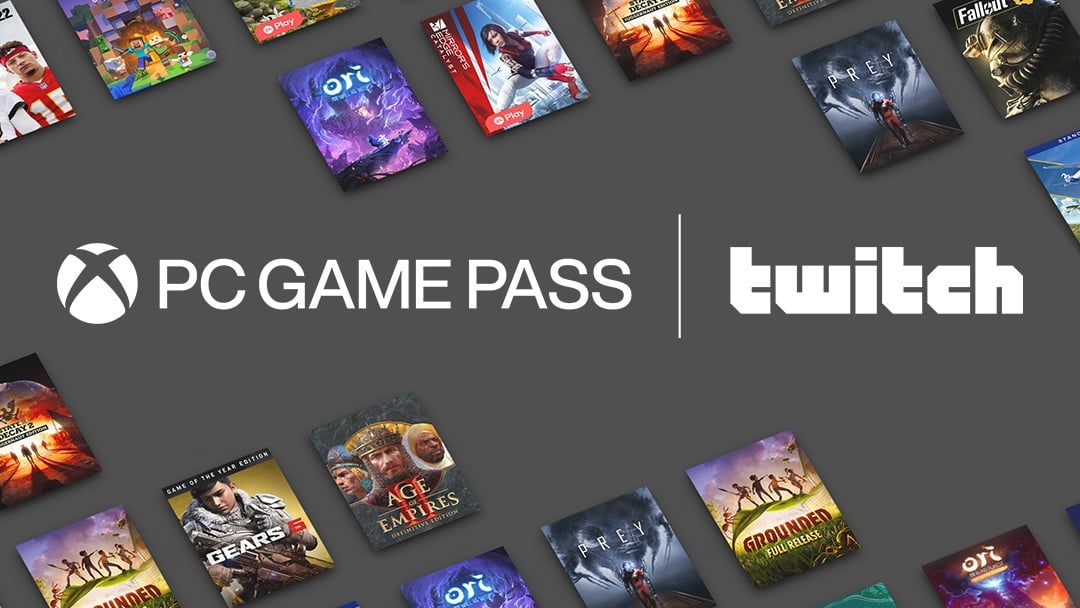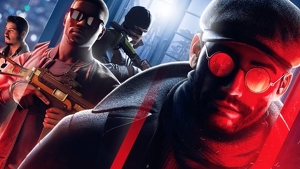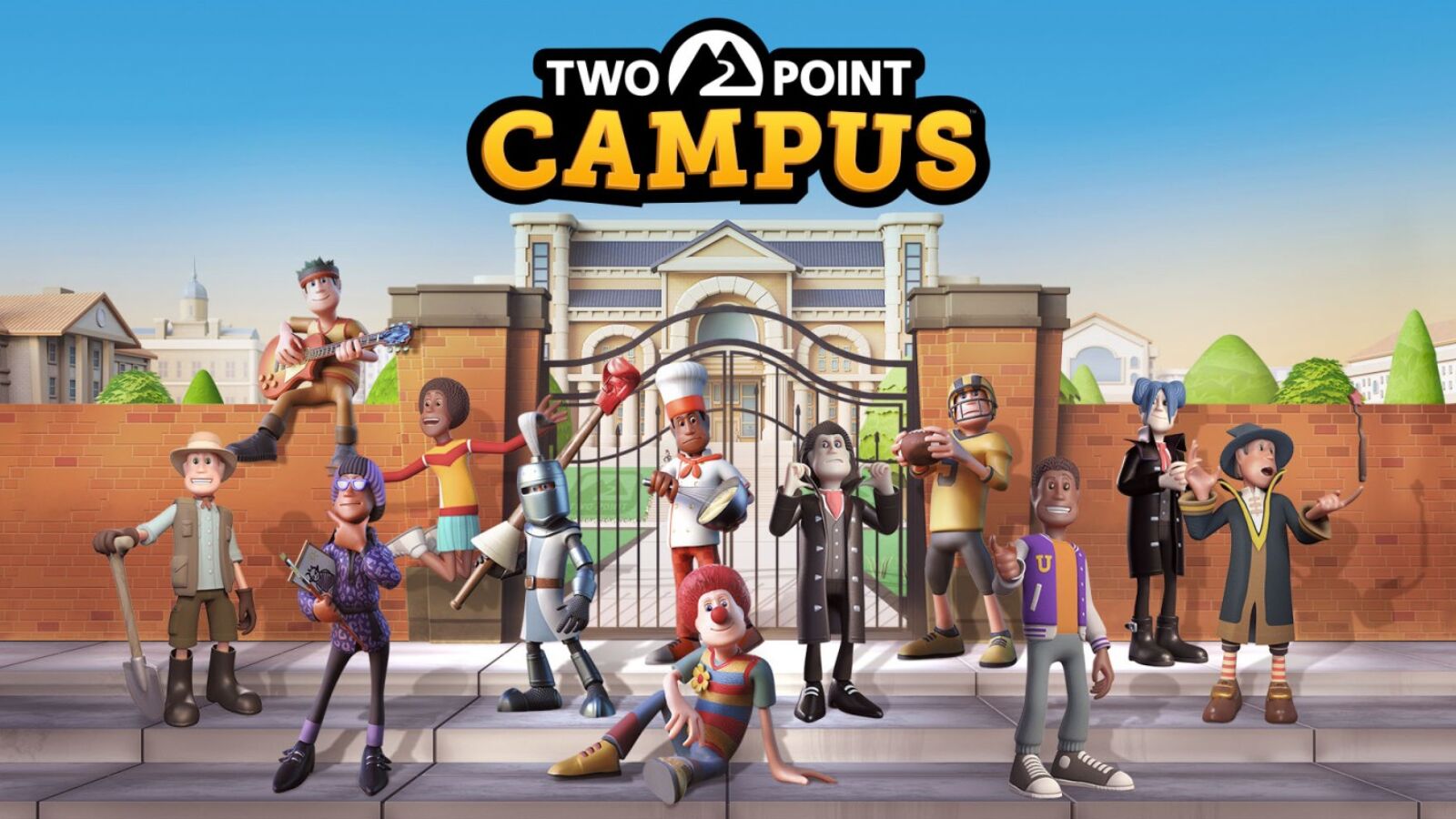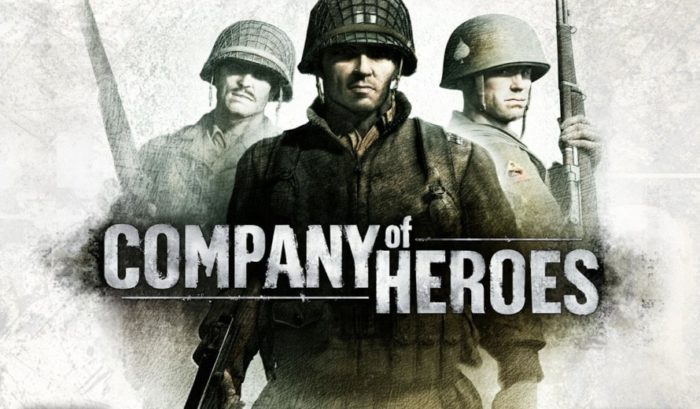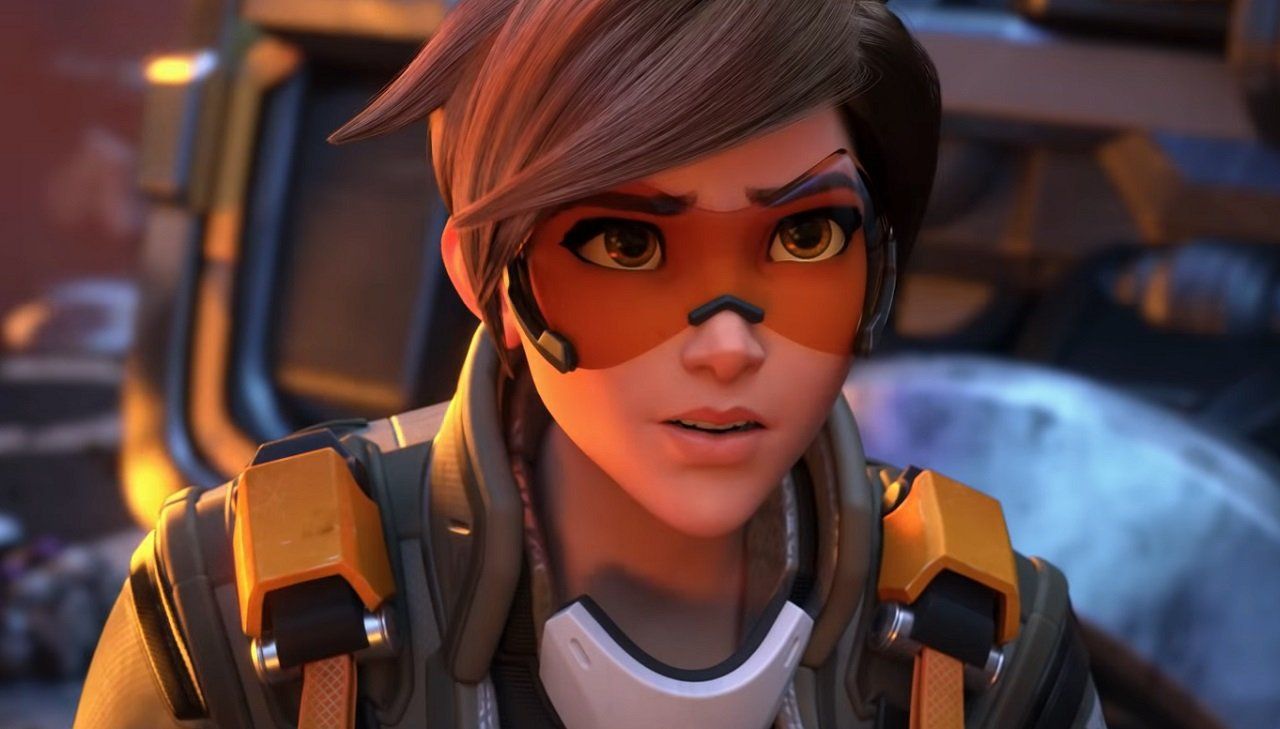
STEM has a big gender equality problem. There are more women in STEM than ever, but because there are also more men, the percentage is actually getting worse. In 1995, 37 percent of Computer Science graduates were female; in 2017, it was just 24 percent, which is projected to drop to 22 percent in 2022. This is a worrying statistic; the percentage is at risk of an exponential drop, with the lack of mentors and role models in STEM meaning young girls are less likely to embrace these subjects and amplifying the fear of being the only girl in the class. Fewer diverse voices mean fewer diverse ideas, less creativity, and more stagnation. Blizzard is aiming to address this with its Girls Who Code program.
The program is a summer training camp where girls, trans and cis, in 10th-12th grade, can learn about computer science from actual Blizzard developers. Girls require no previous computer science knowledge to sign up, with the course being designed to provide them with basic skills, advanced understanding, and increased confidence. I sat down with two of the Girls Who Code mentors recently to discuss the positive impact it has had.
Related: Interview: Natalie Clarke, The First Ever Lara Croft"I did a lot of computer engineering classes, I got a degree in computer science and at the time, there were not a lot of girls in the programme," Overwatch senior software engineer Julie Anne Brame tells me. "So it does take an element of bravery to walk into a class and see nobody like you there. A lot of times, you'll get people saying like, 'Are you lost? Can I help you?' – You're like 'I appreciate you're trying to be nice, but no, I belong here'. That takes a lot of bravery and independence and strength to be able to go somewhere and say, 'I'm not only going to arrive here, I'm going to succeed here too'."
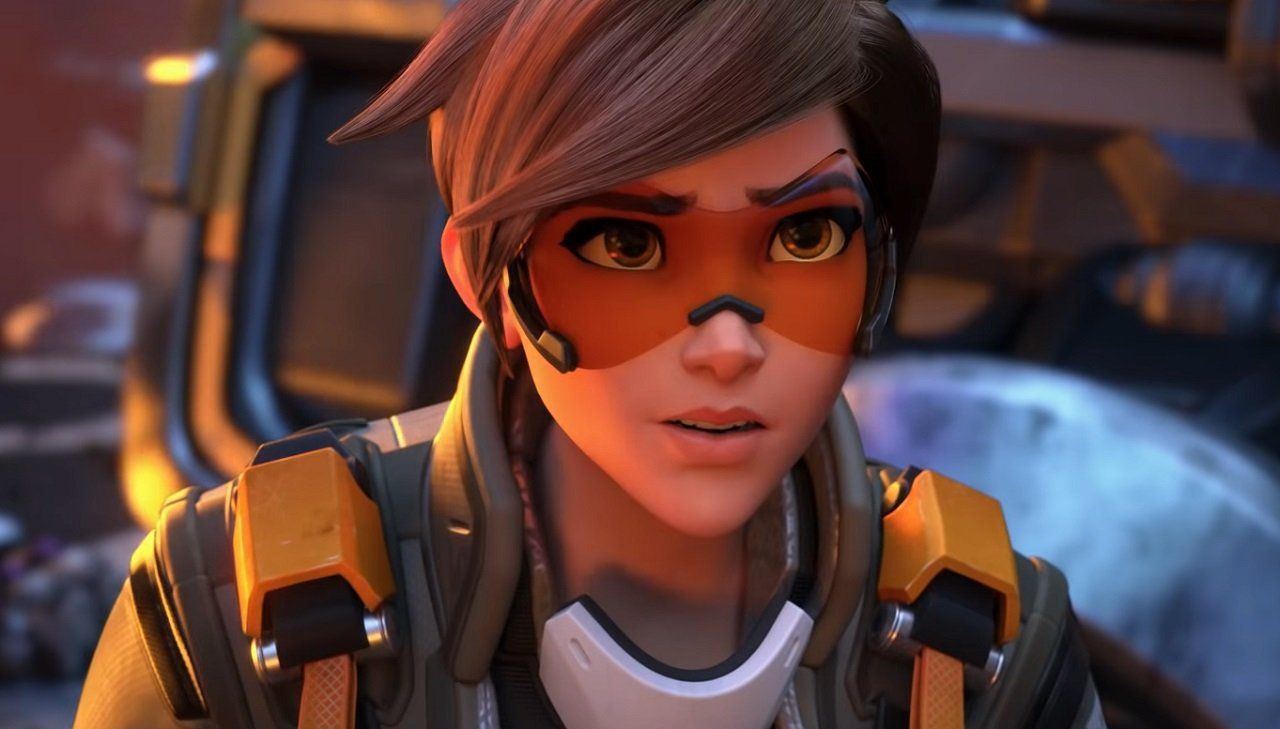
That's a sentiment echoed by Anna Morgan, cinematic director for the creative development team at Blizzard. "I feel like trying anything new is always a little scary," she says. "I always look at things like, there's no failure, there's just finding it. I think that that's true in tech, right? Any failure is not really a failure. It's actually a variable that you have successfully removed to further your path towards whatever end goal you're going for."
Of course, a huge reason we see a lack of girls in STEM is because they're often unaware of the opportunities the field can offer them, or of what jobs lie at the end of it. "When I was young, I knew I could be a teacher," Morgan says. "I knew I could, because I had seen it. I knew I could be a performer because you see actors, right? Which – No. Hard pass. I could do what my dad did, my dad was an auto parts salesman. I didn't know [computer science] existed. I think that's why this programme is just phenomenal."
This, Brame explains, is where Girls Who Code comes in. It's not designed to create future senior software engineers or cinematic directors for Blizzard, but instead to give girls the opportunity to learn a discipline that is often closed off from them. "These girls are in high school, so it's pretty early to have a career path already chosen," Brame says. "And I think Girls Who Code is more about exposure and realising the opportunities that are in the world for you. They're not trying to tell you what to do, they're trying to just teach you to figure out different things that interest you and find the variety that's there. For example, when I was in high school, I went to a girls’ STEM programme, but they taught us how to launch rockets, which was very fun, but not obviously what I chose for my career. But it was something for me to realise there are opportunities in these fields that aren't necessarily exactly what you would think. I can hold the phone and know that there's technology in there. But like, what does that mean? I wouldn't really know as a teenager, and I think you should have those opportunities early, so you have time to change your mind and change it again."
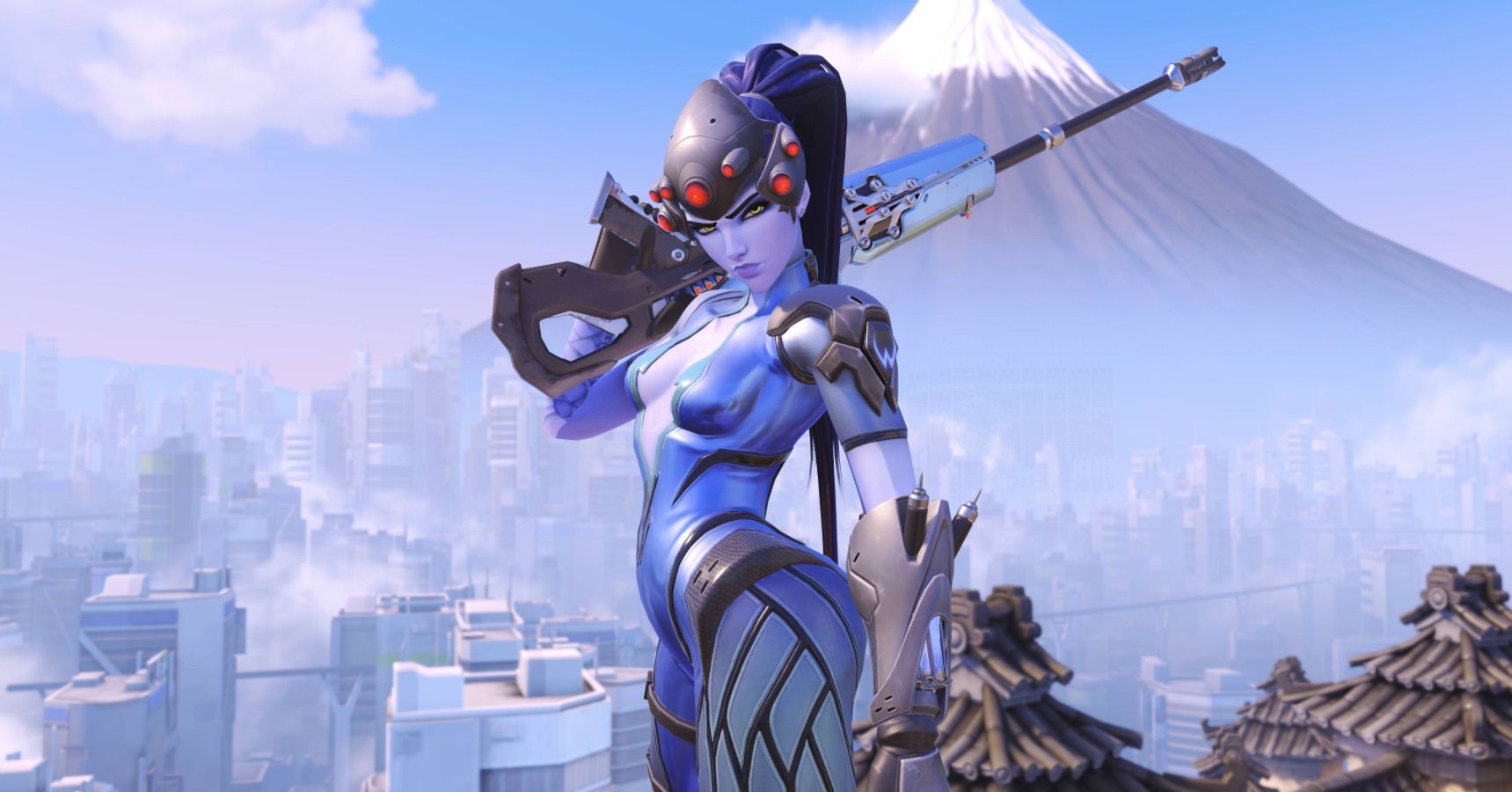
Another thing stopping women from entering the games industry specifically is the toxic attitude that still exists among some of the player base. As women working within the industry, Brame and Morgan understand these attitudes very well, and that's another roadblock they want to help these girls overcome. "I'm a gamer, I play World of Warcraft every night," Morgan says. "I think it's just about finding your people. There's a lot of toxicity out there, but that doesn't mean you need to bring it inside. The anonymity of the internet is amazing, [but] it can be awful. Games, to me, are inherently important. You learn so many skills from playing games – you learn how to communicate, you learn some coordination, you learn how processes work. Ultimately, I think all of us are playing games now on our phones. Even those little workout apps have games. So these girls coming in and being like, 'Hey, I'm not a gamer'. It's like, actually, do you play this? That's a game. I think gaming is actually bleeding into all of society, and so all of us are gamers now. It's exciting for me, because you get this little game, you play Candy Crush or whatever, and then it leads to something a little bit more complex. And then actually, that leads you to maybe playing in a game engine. And now you're a little bit more technical than you were."
While the program has obvious merits in terms of building pathways towards technology for groups that are typically marginalised and diversifying the field, perhaps the biggest marker of its success is the pride the mentors have shown in their work and in the work of their students. "My heart almost exploded, no joke," Morgan says. "At the end of the year showcase they had three days, and they got to make a website. They put pictures, you can tell they got into it – it was artistic, there were animations. And then they had to choose a cause that was important to them. The things I saw were just like, mental health, social justice, sex education, climate change, these are really big problems. And here they are, going to go and tackle it. And not only that, but then they were like, 'I'm going to make this website and then I'm going to start a club in school for it'. It's awesome. We all worry about the world and the younger generations – you know, the world's pretty messed up and it's like, no, these girls got this."
Next: Persona 6 Needs A Gay Romance Option
